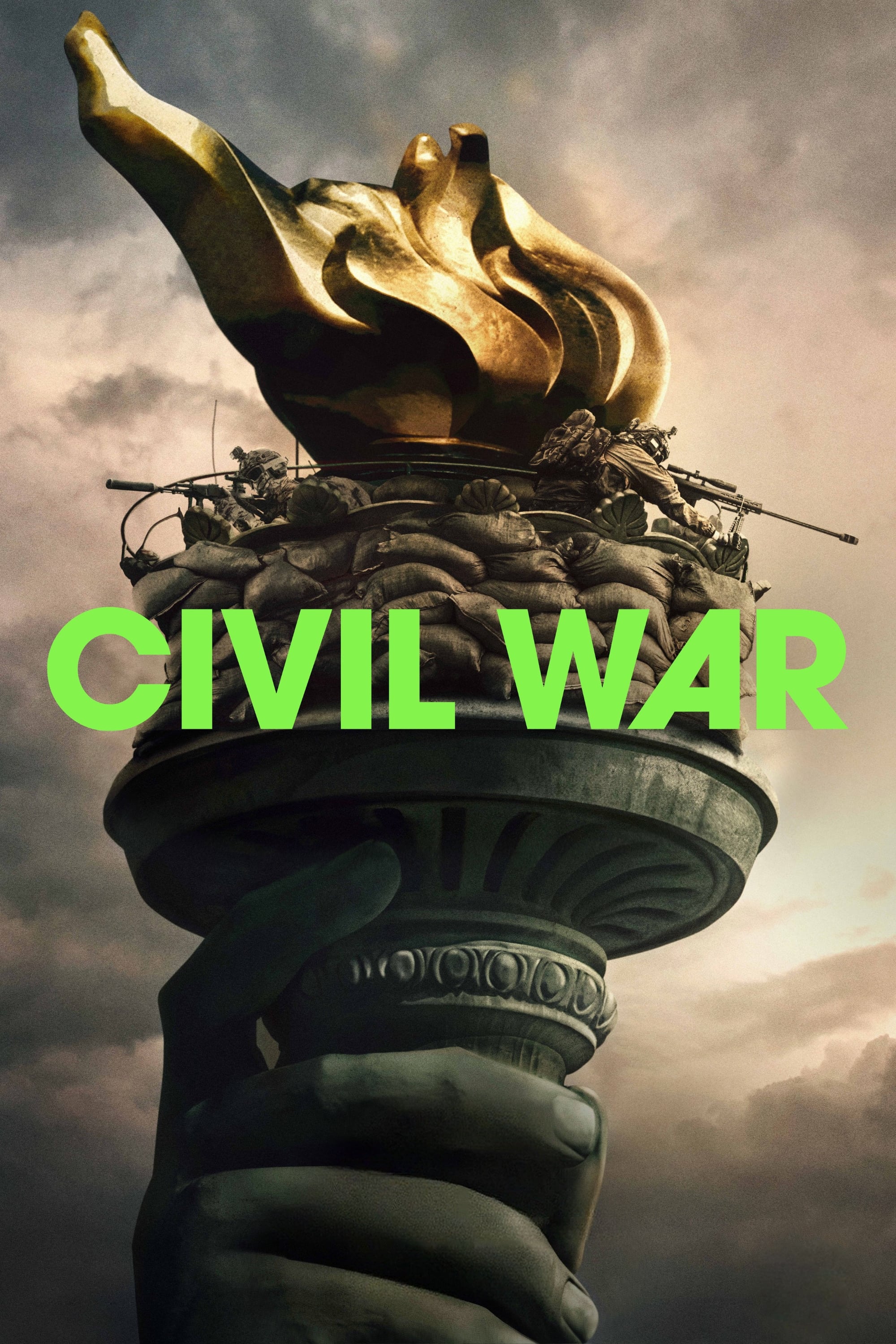
In the near future, a group of war journalists attempt to survive while reporting the truth as the United States stands on the brink of civil war.

In the black market, a war orphan is confronted with the struggles of people living in the immediate aftermath of WWII.
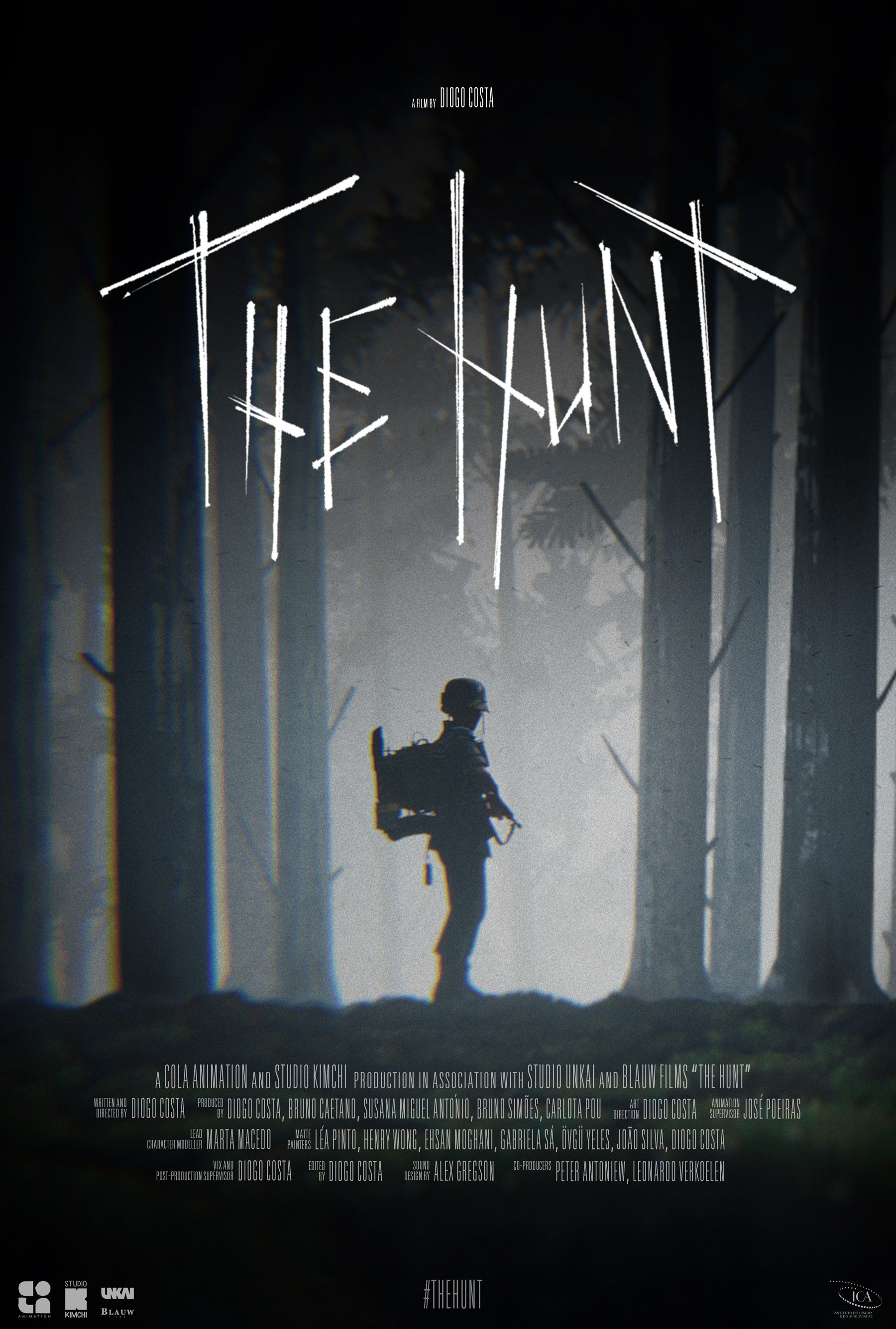
A group of soldiers, lost in the woods, must face the traumas of their past and the terrifying forces stalking them.
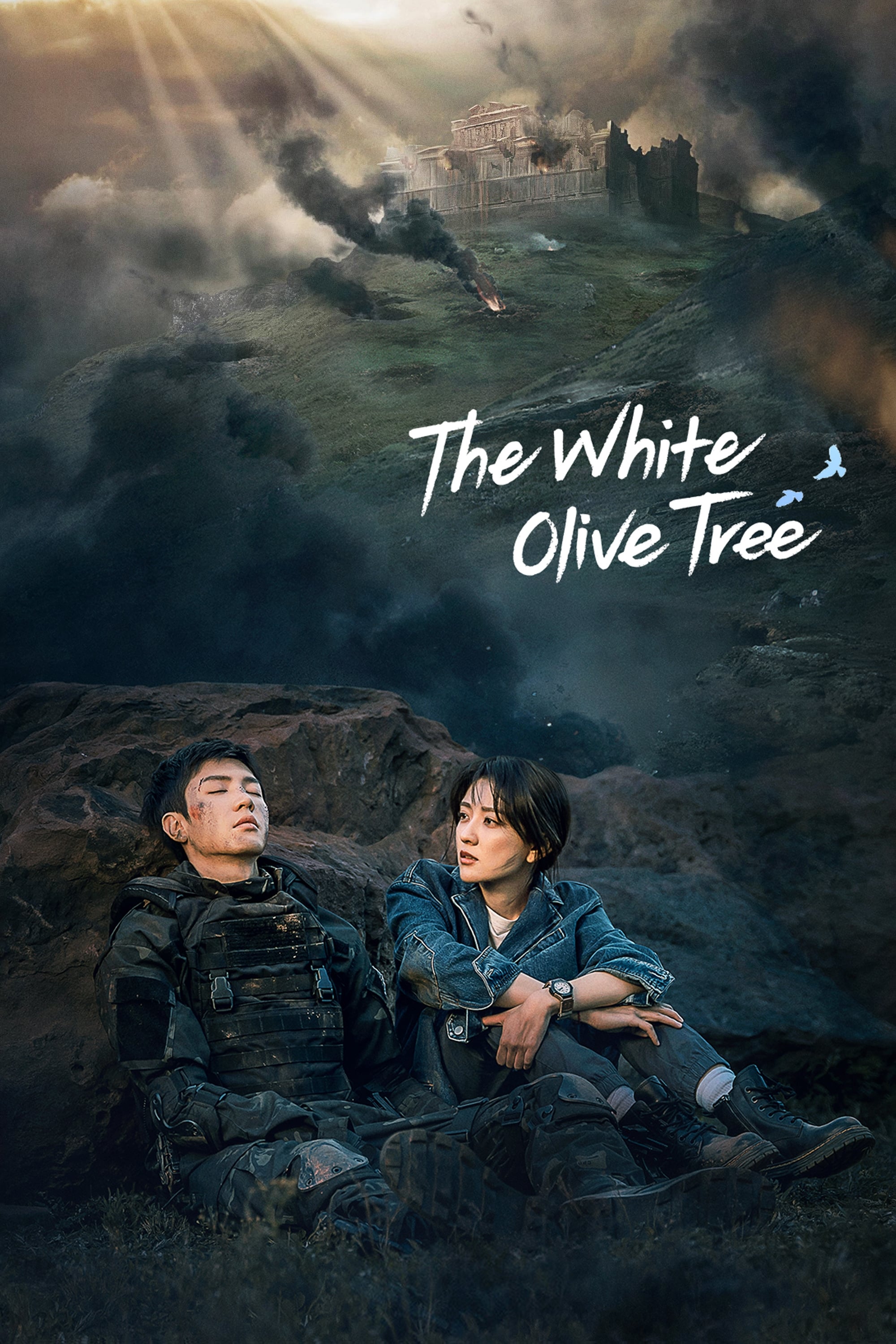
During an interview mission in the turbulent East Country, Song Ran, a female reporter from Liangcheng Satellite TV, came across a sudden danger. Thankfully, Li Zan, a Chinese explosive engineer who volunteered in the East Country, was able to save her. After multiple interactions, Li Zan discovered that despite appearing weak on the outside, Song Ran was brave, strong, and full of justice and kindness. The same ideals and compatible souls ignited the love between them. A sudden bombing attack ended their budding relationship, and they fell into a trough of life after returning to China and even losing contact with each other. By chance, they came across each other again, and gradually, their lives got back on track. Together, they planted the seeds of the white olive tree.
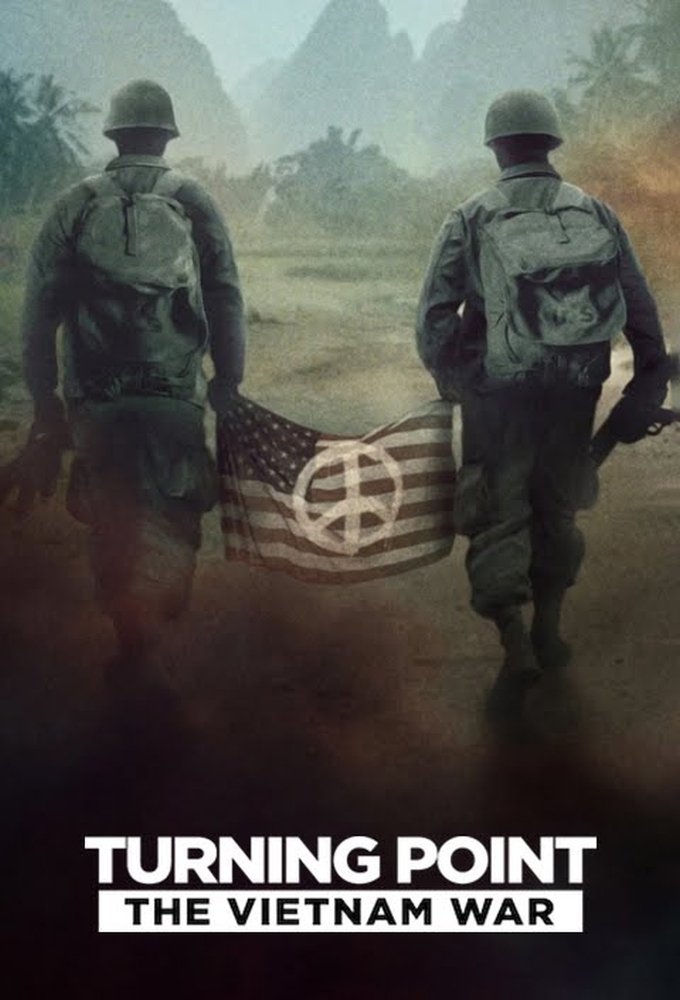
This thought-provoking documentary series examines the harrowing consequences of the Vietnam War, from the Gulf of Tonkin incident to the fall of Saigon.

A generational trauma through the lens of an Asian American teenager through food and poetry.
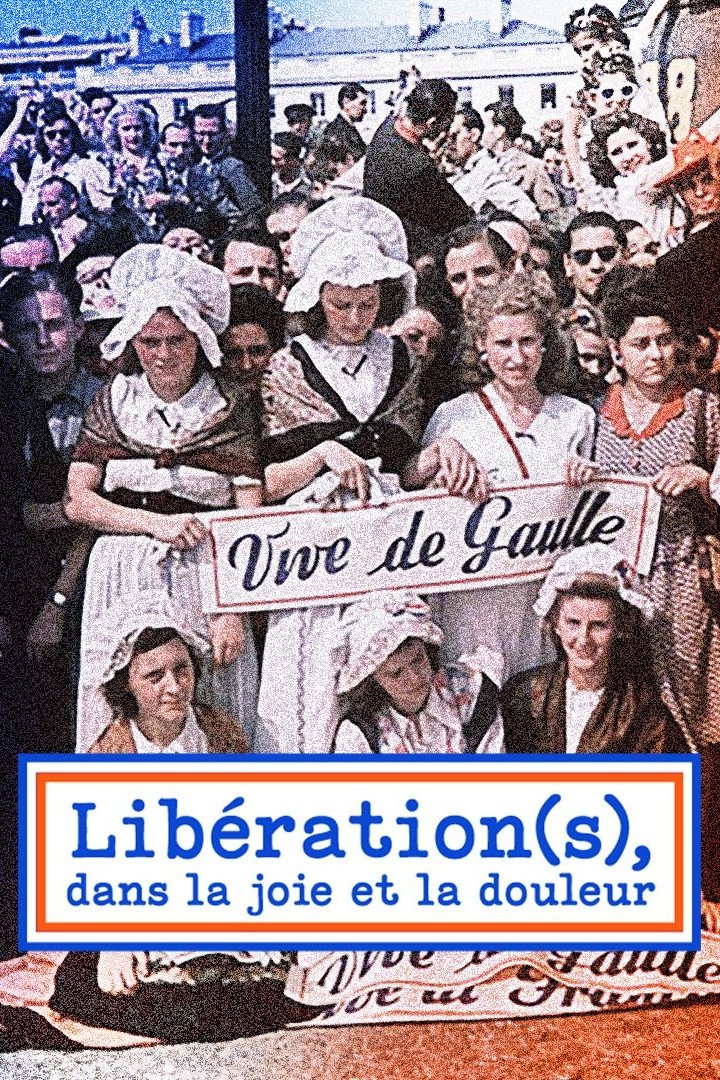
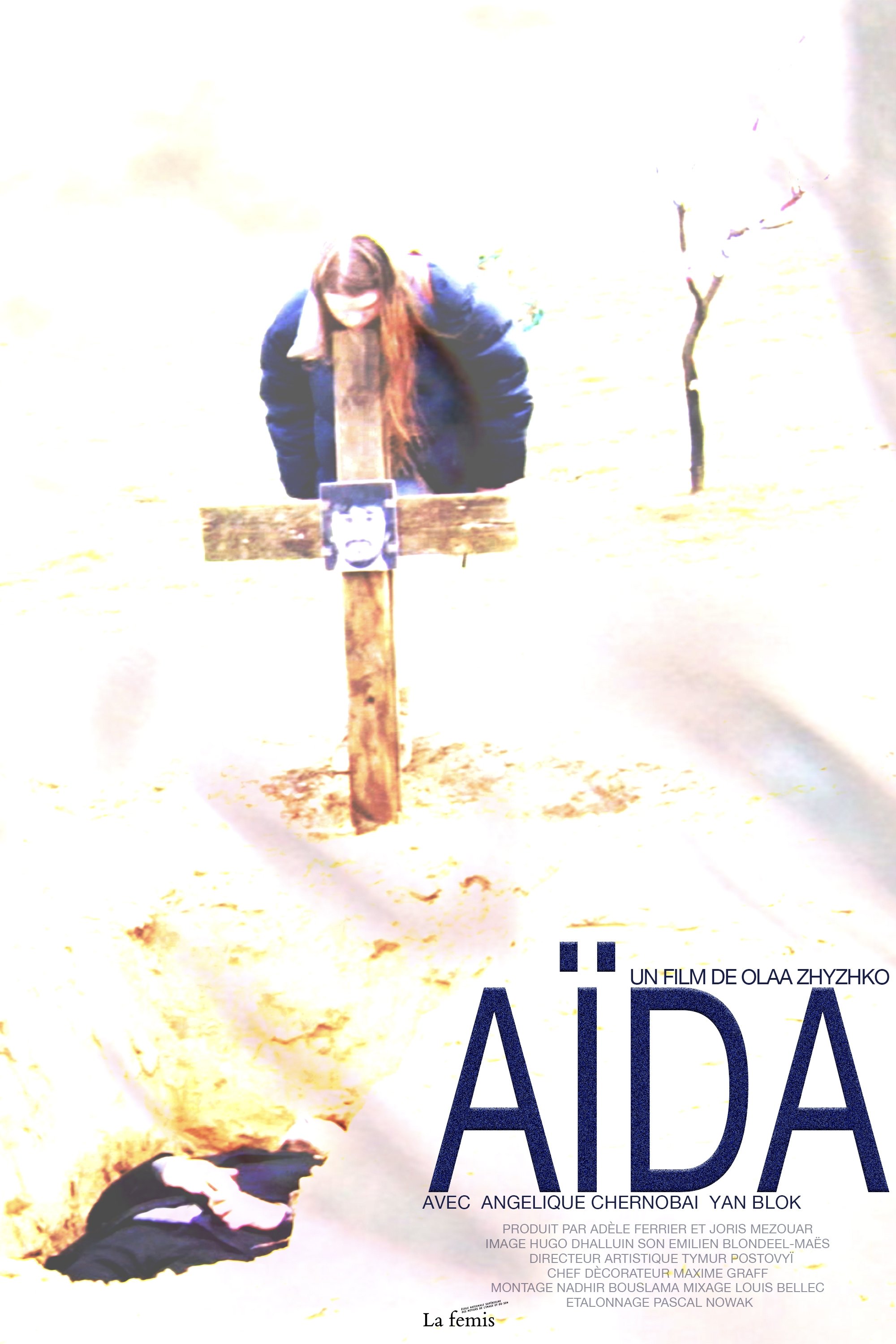
In a cemetery on the ocean shore, teenager Aïda follows her desire to bring to life her long dead father.
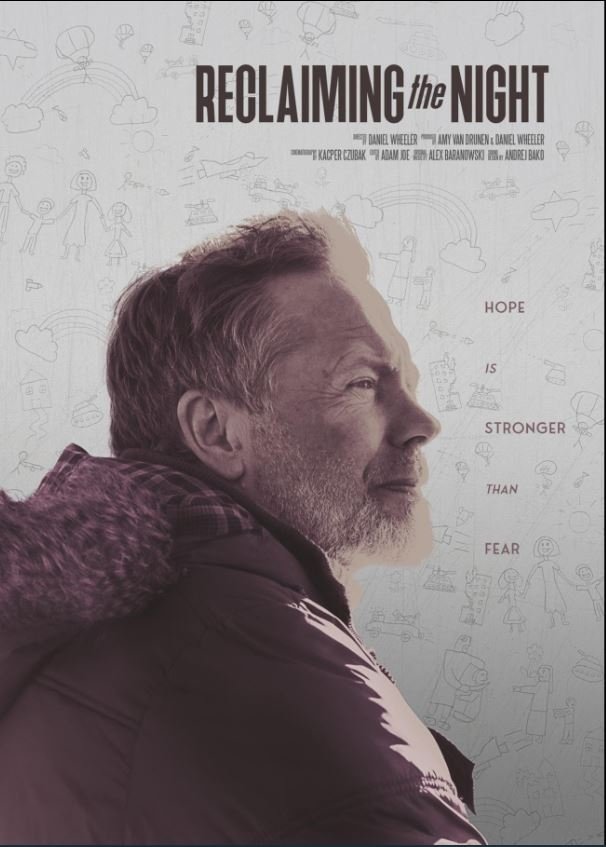
In the aftermath of war, an extraordinary professor brings hope to children haunted by trauma-induced nightmares.
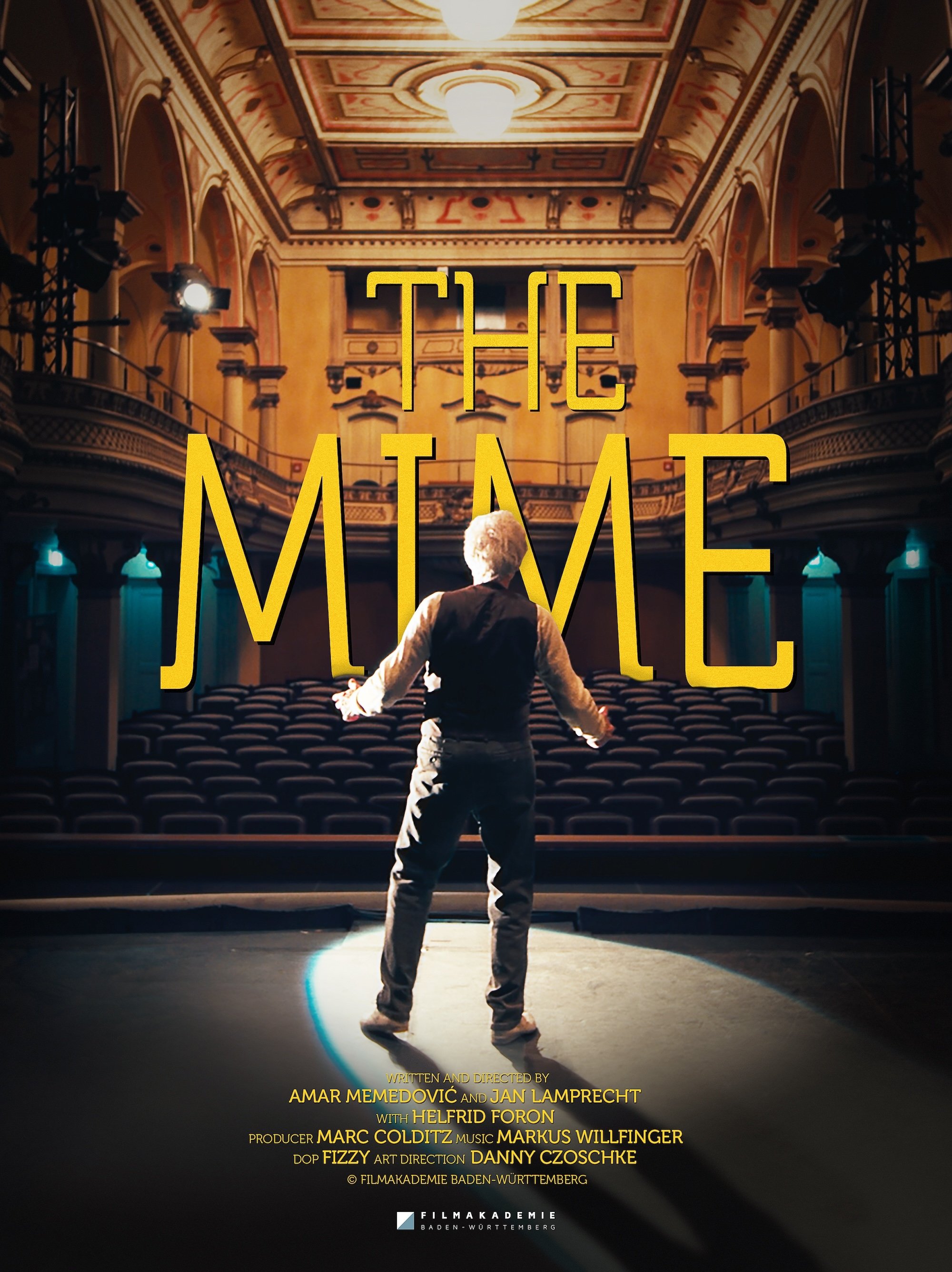
While rehearsing on stage, a mime notices that he can create objects from his past and is therefore confronted with a long-repressed memory.

In autumn 1944, during the Liberation of Brittany, writer Louis Guilloux worked as an interpreter for the American army. He was a privileged witness to some little-known dramatic aspects of the Liberation: the rapes and murders committed by GIs on French civilians. He also discovered the racism of American military justice. This experience haunted the novelist for thirty years. In 1976, he recounted it in a short novel, "Ok, Joe", which went unnoticed. This film compares his account with the memories of the last witnesses to these forgotten crimes and their punishments.
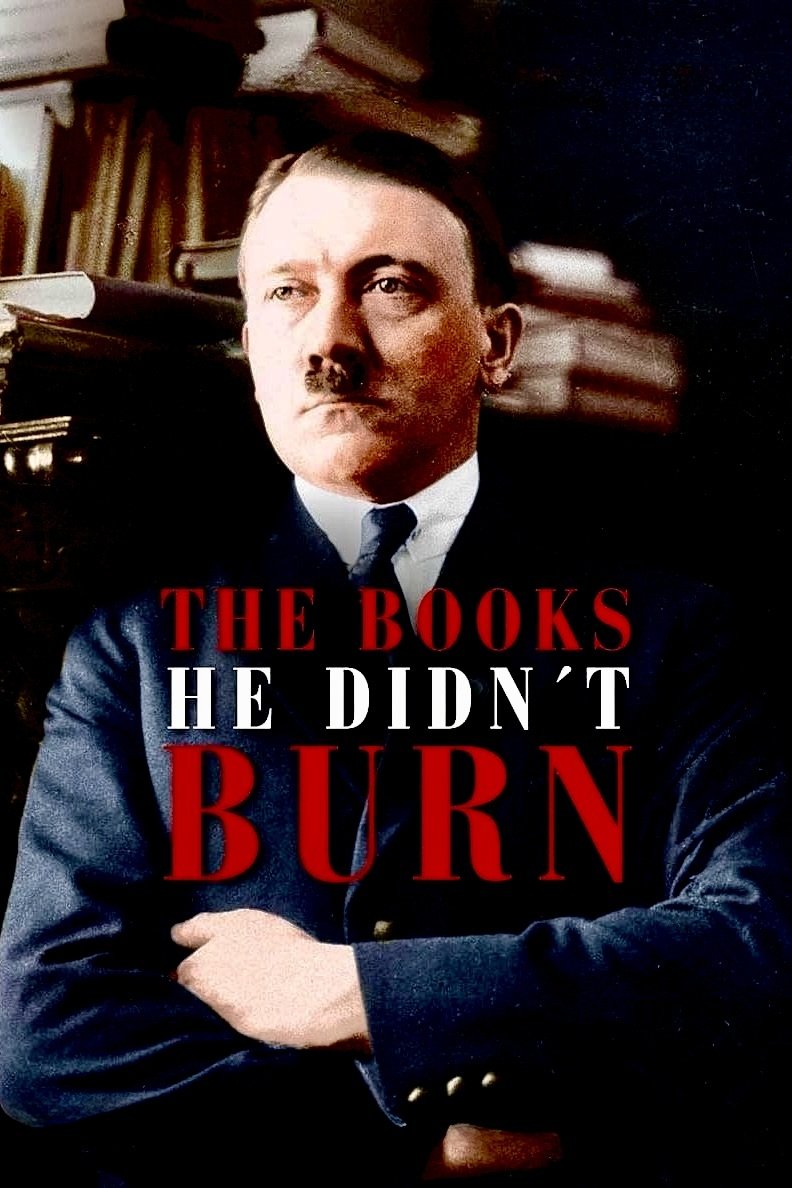
Explores how Hitler’s personal library provides a look into his mind and how it significantly informed his worldview.
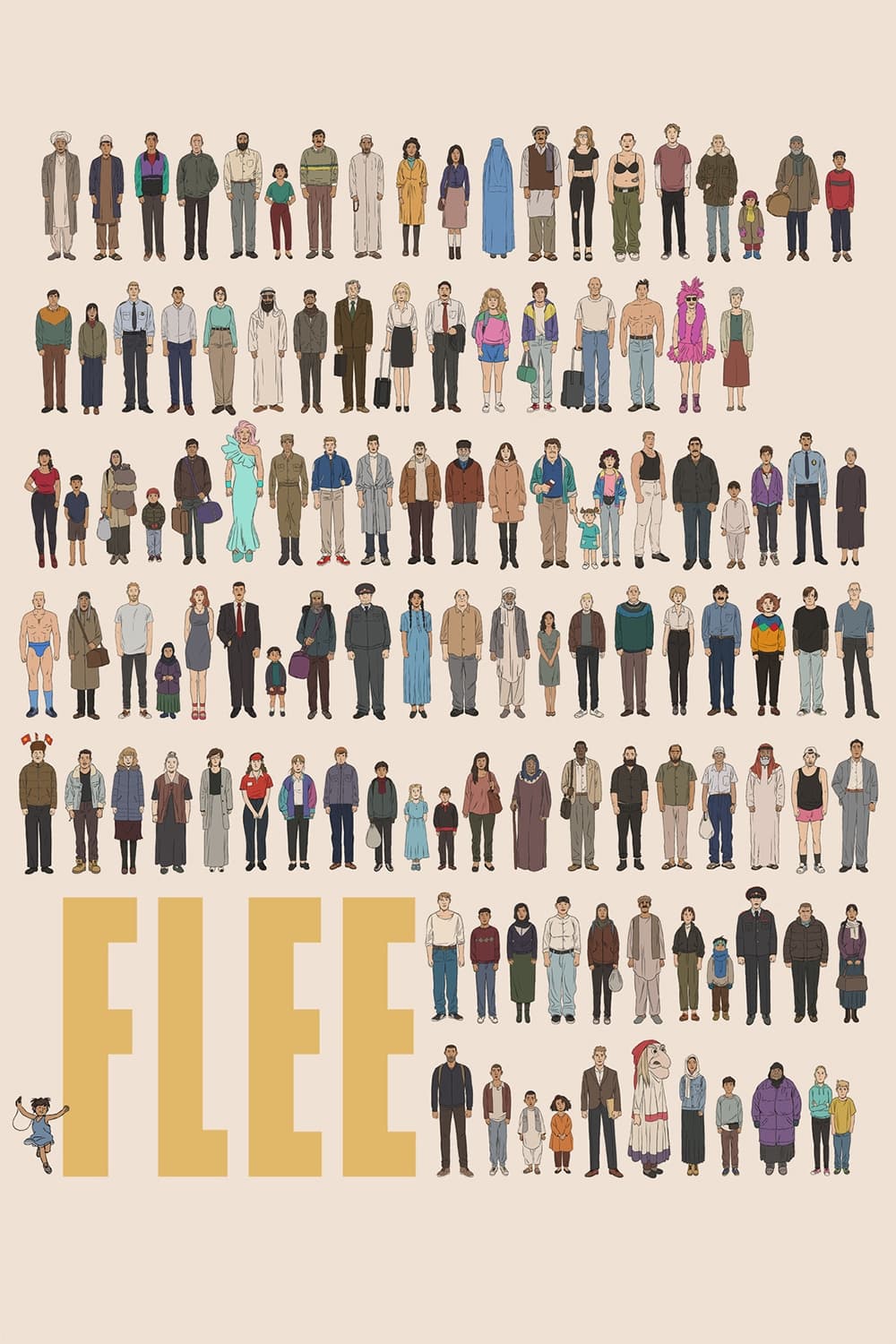
Recounted mostly through animation to protect his identity, Amin looks back over his past as a child refugee from Afghanistan as he grapples with a secret he’s kept hidden for 20 years.
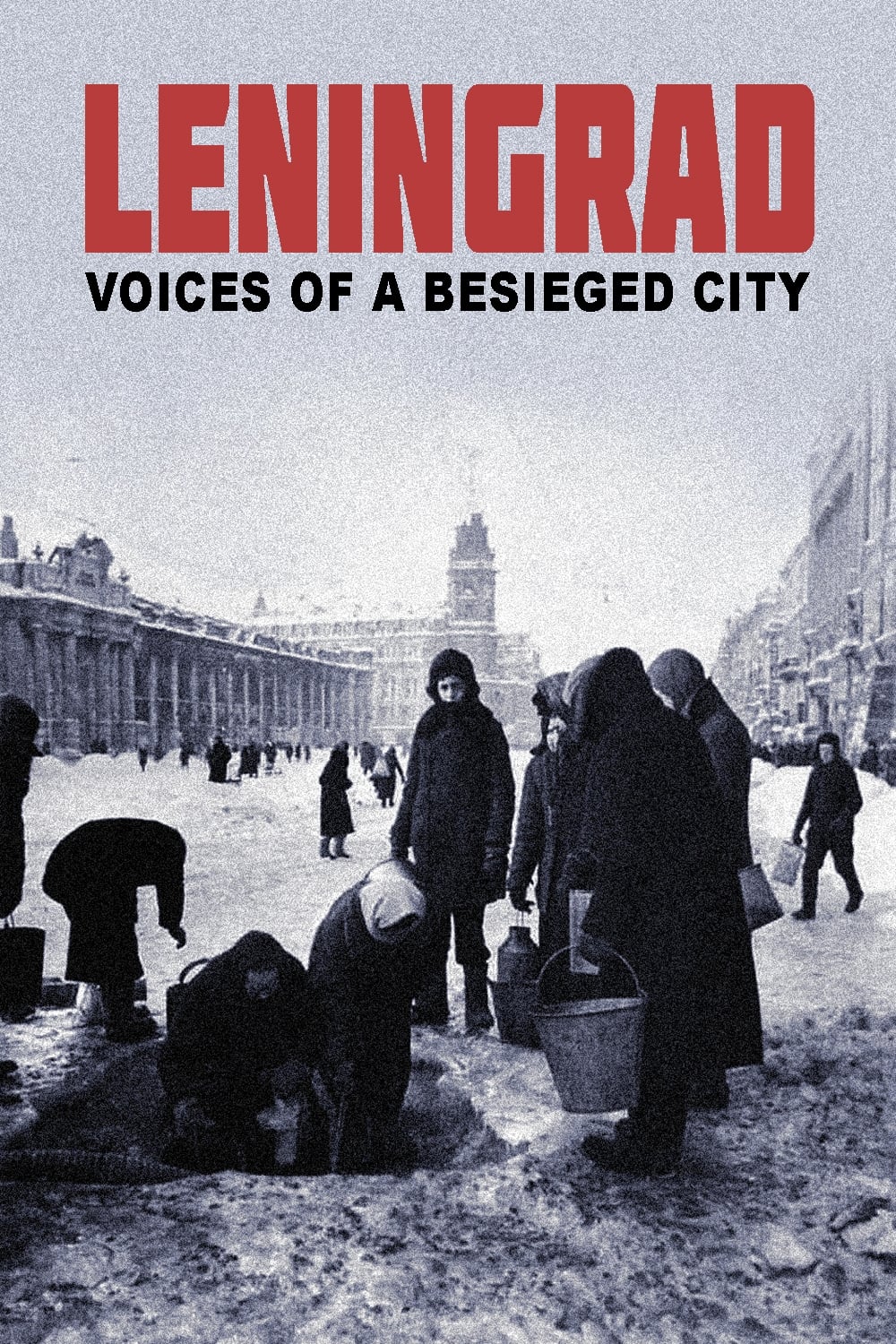
It was one of the great crimes of the Second World War: from 1941 to 1944, a total of 872 days, the siege and starvation of Leningrad by the German Wehrmacht on Hitler's orders lasted. Over a million people fell victim to the blockade, most of them dying of hunger. Countless of these starving people wrote diaries with the last of their strength, and cameramen filmed in the paralyzed city. Evidence from the hell of the siege, many of the film recordings, but above all the written memories on which this documentary on the occasion of the 80th anniversary of the liberation is based, remained under lock and key after the war. The voices of those who had suffered through this terrible time should not be heard by anyone, because they did not fit the pathos of the Leningrad heroic song that was officially sung. Most of the recordings come from women. The writers feared neither the enemy nor the Communist Party or Stalin, who often proved incompetent in providing for the population.
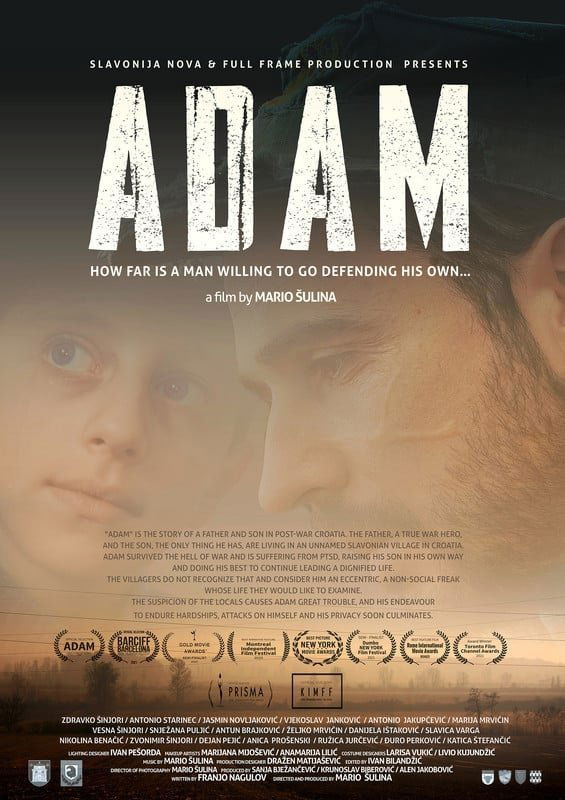
A withdrawn war veteran seen as peculiar by the local villagers lives and brings up his child, the only thing that gives his life meaning.
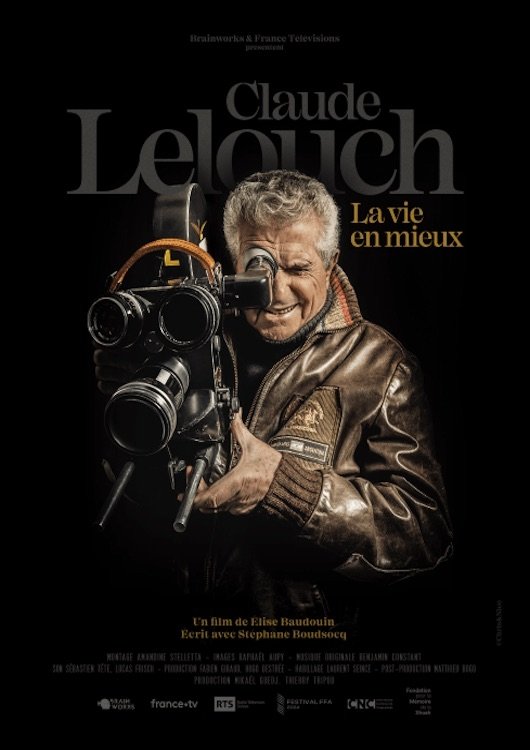
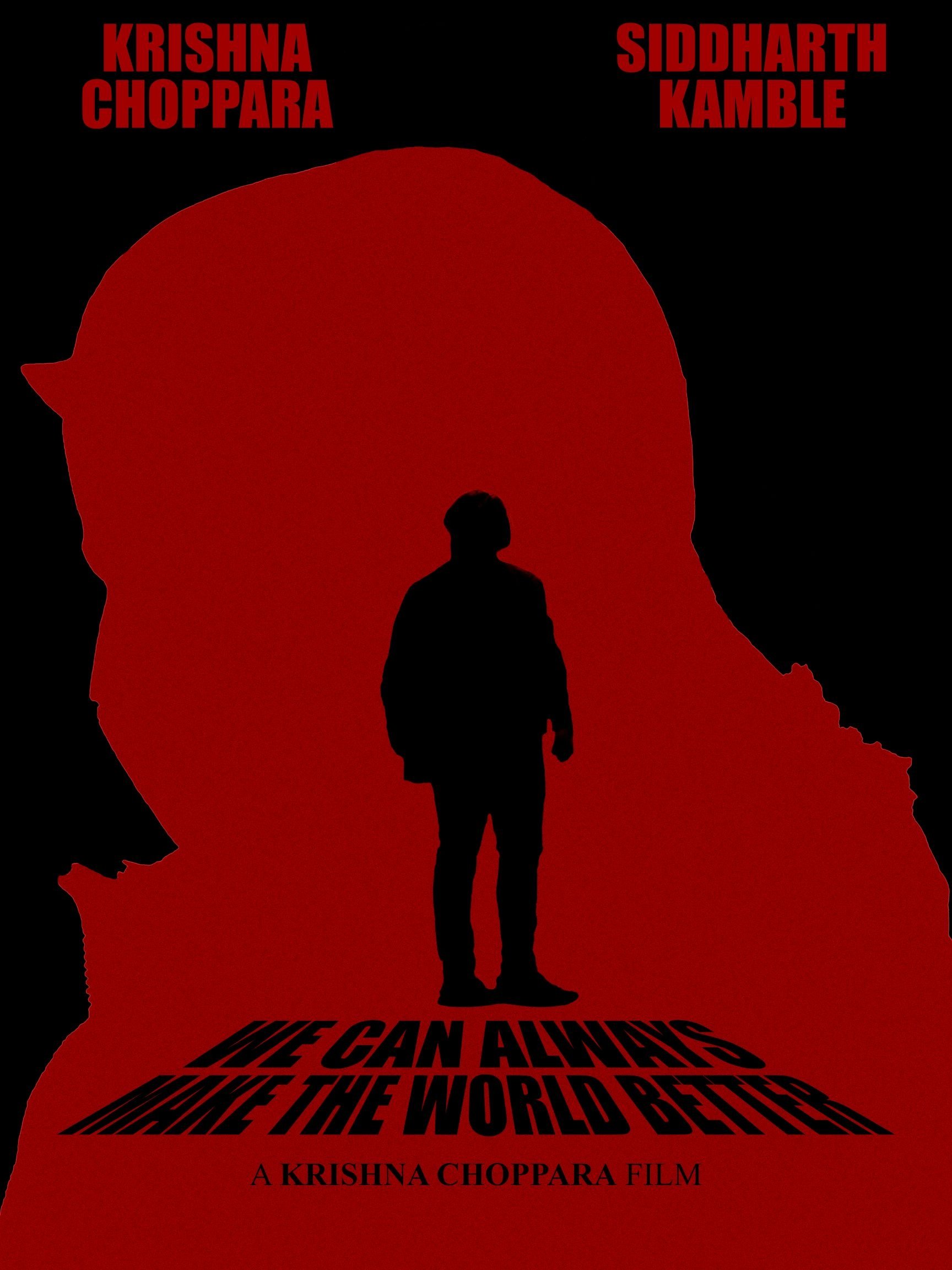
Jay Reddy, a college freshman, struggles to live with his newfound sobriety. A chance run-in with an old friend and a conflict with two pranksters threatens Jay's newfound sobriety.
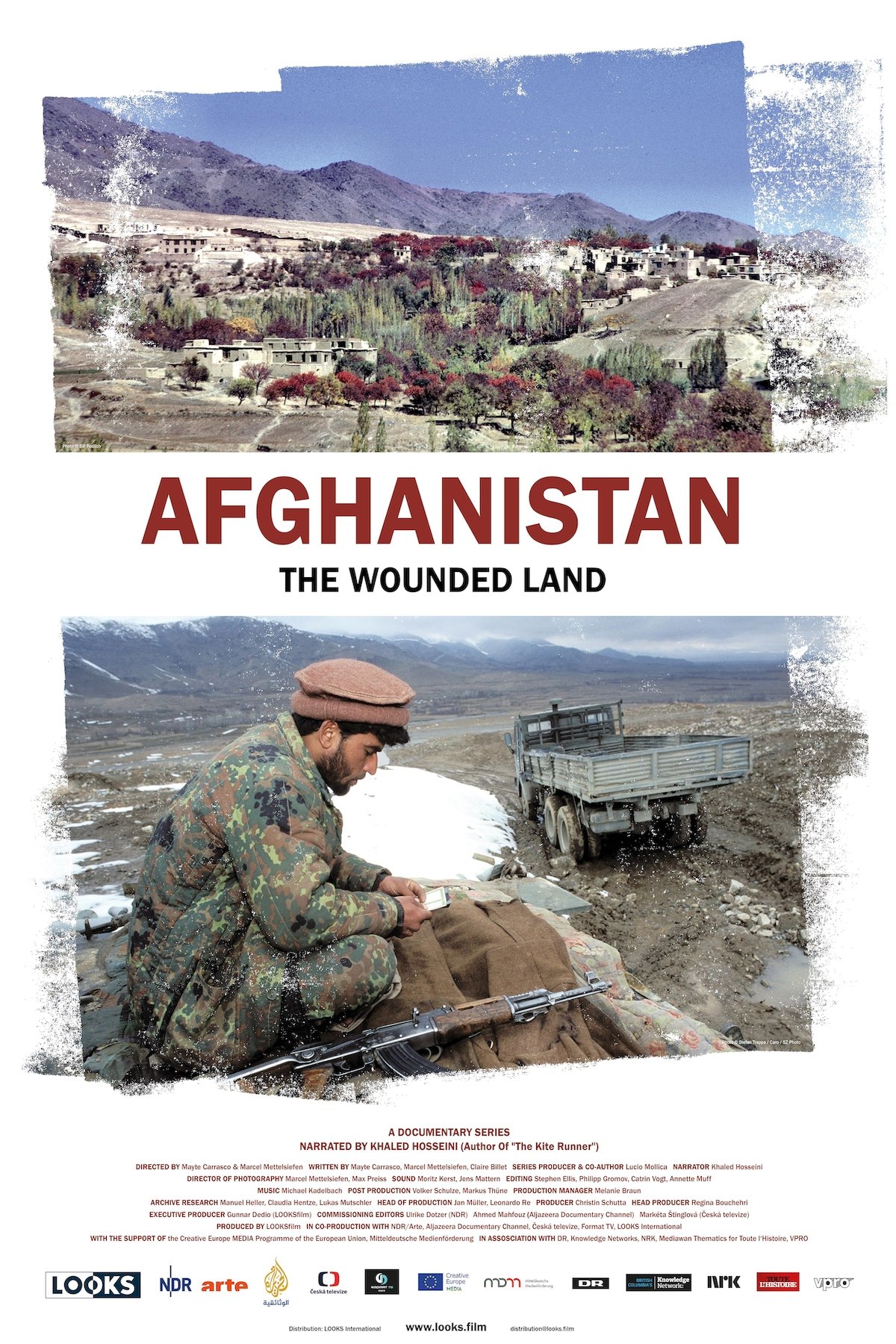
Afghanistan is at a crossroads between traditions and a contemporary lifestyle.
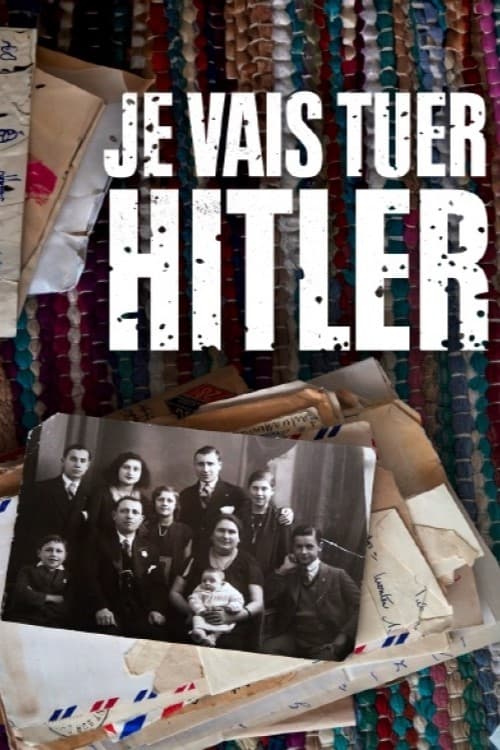
One day, in Savigny, an 18-year-old boy left his house in the middle of the war, saying: "I'm leaving, I'm going to kill Hitler." His name was Joseph, he was Jewish, he was my great-uncle. He disappeared during the night of the Occupation, and his existence became a family secret. He disappeared from history, the small as well as the big: he is not on any deportation list, and the only archive where he appears is a family photo of him as a child. It disappeared like a stone at the bottom of the water, instead of going up in smoke in the sky of Poland. What did he become? And why didn't anyone mention his name anymore?
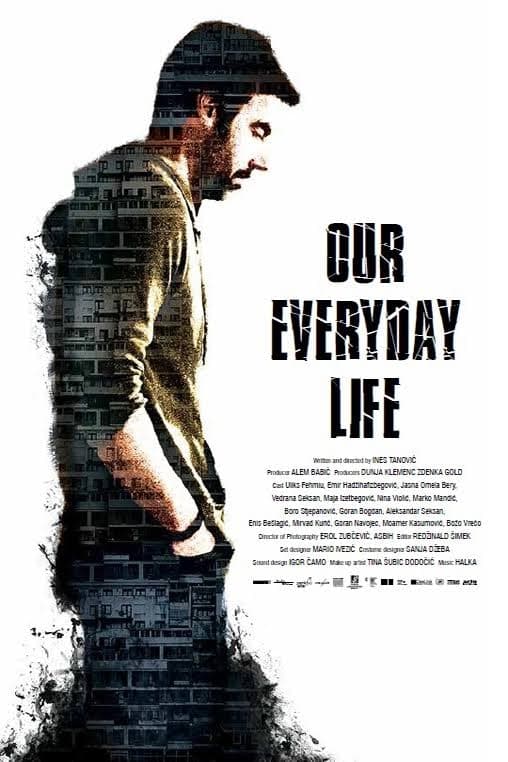
Family Susic lives everyday Bosnian story. Father Muhamed (63) is employed in a reputable company; mother Marija (60) is retired. Son Sasa (35), who spent the war in Army of Bosnia and Herzegovina, lives with his parents, while their daughter Senada (40) lives in Slovenia. Their life begins to fall apart because of father's dissatisfaction after his company is sold on the stock exchange, Sasa's negligent attitude towards work and family, Marija's breast cancer diagnose. When problems begin to line up Muhamed and Sasa realize that actually only family is important, that it is man's last oasis
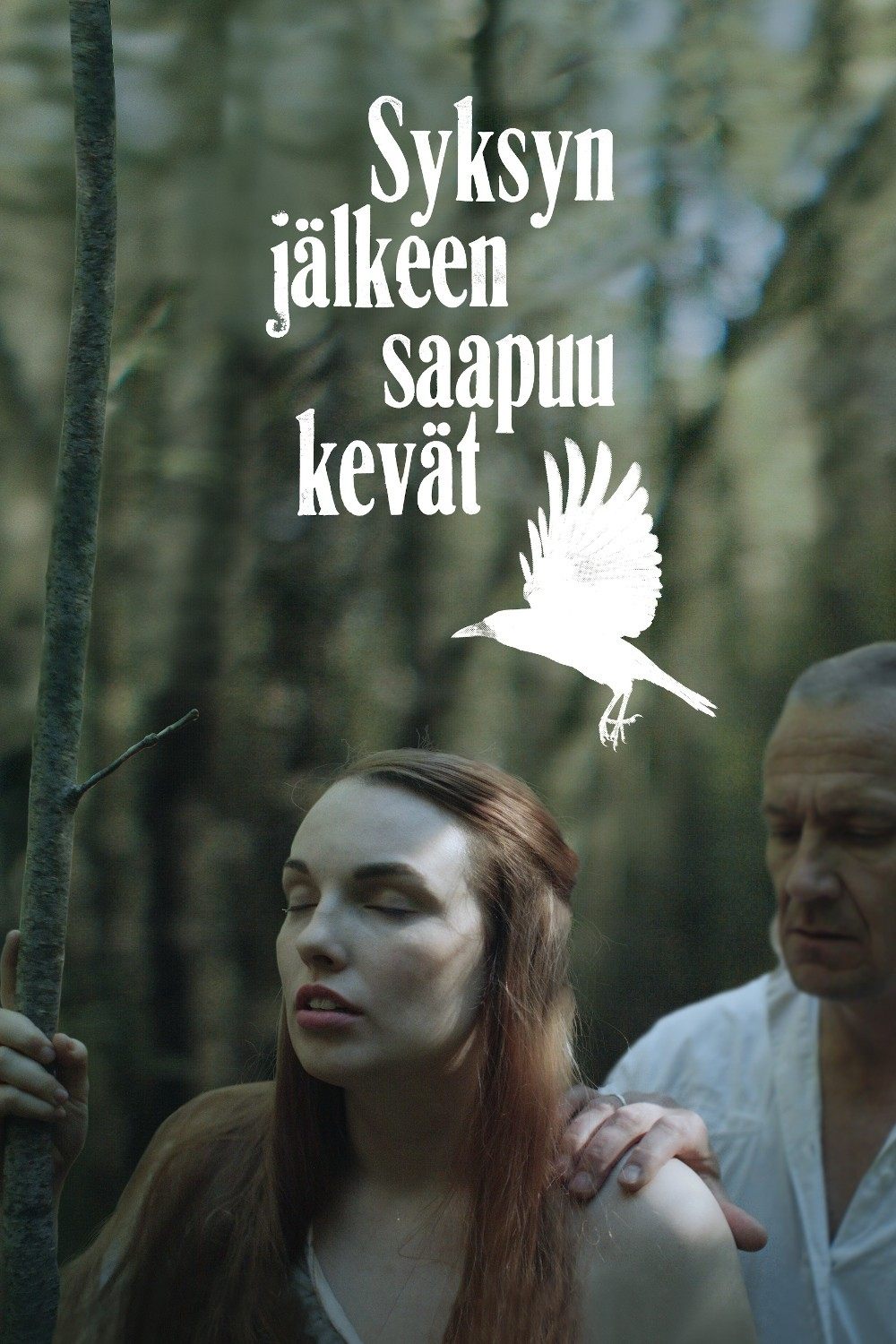
Late 40’s after the war. Strange languaged and religioned immigrants fleeing from Karelia region are hated by Finns in the countryside. 19-year old Anni is living her life wanting to forget the war and hostility surrounding her. Falling in love with a man who hasn’t left fighting, threatens Anni’s whole family’s future and hope for mutual forgiveness..
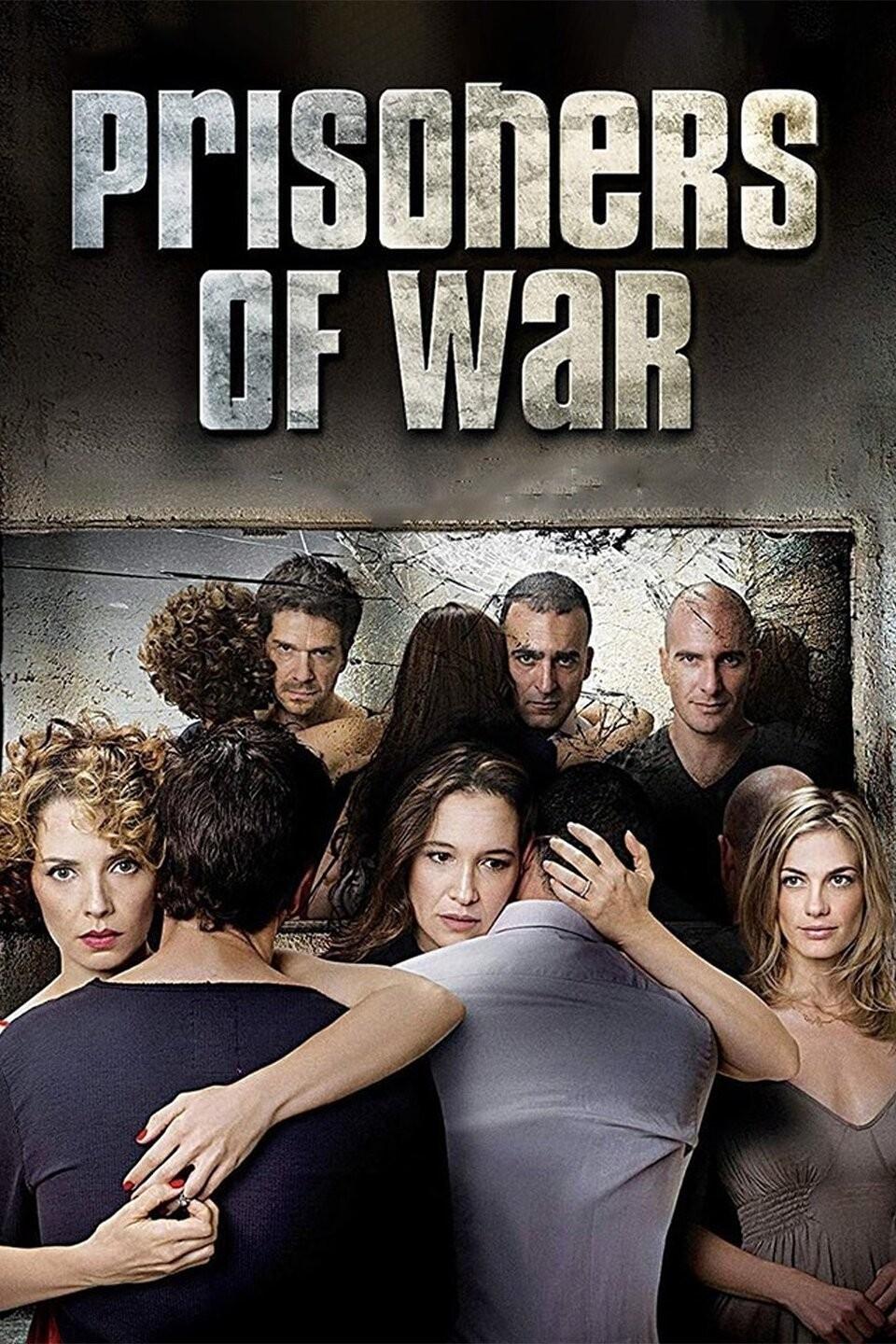
After 17 years in captivity, Israeli soldiers Nimrode Klein, Uri Zach, and Amiel Ben Horin return home to the country that made them national icons. They work to overcome the trauma of torture and captivity while settling back into their interrupted family lives. Meanwhile, the military psychiatrist assigned to them finds discrepancies in the soldiers' testimonies, and launches an investigation to discover what they are hiding.
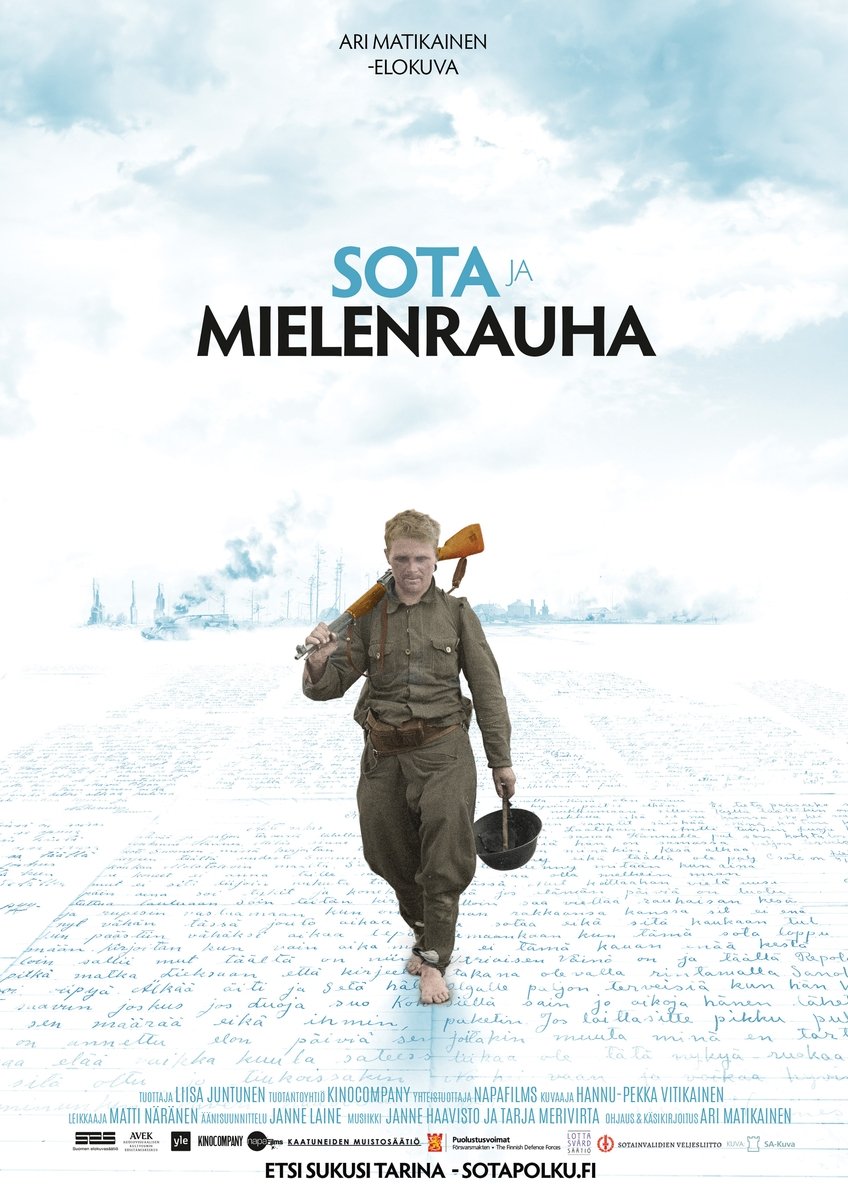
War and Peace of Mind explores what war does to the human mind and how both, the individuals and the nation as a whole, survive it psychologically. Finland and WWII, locally known as continuation war, is the backdrop of this documentary.
By browsing this website, you accept our cookies policy.